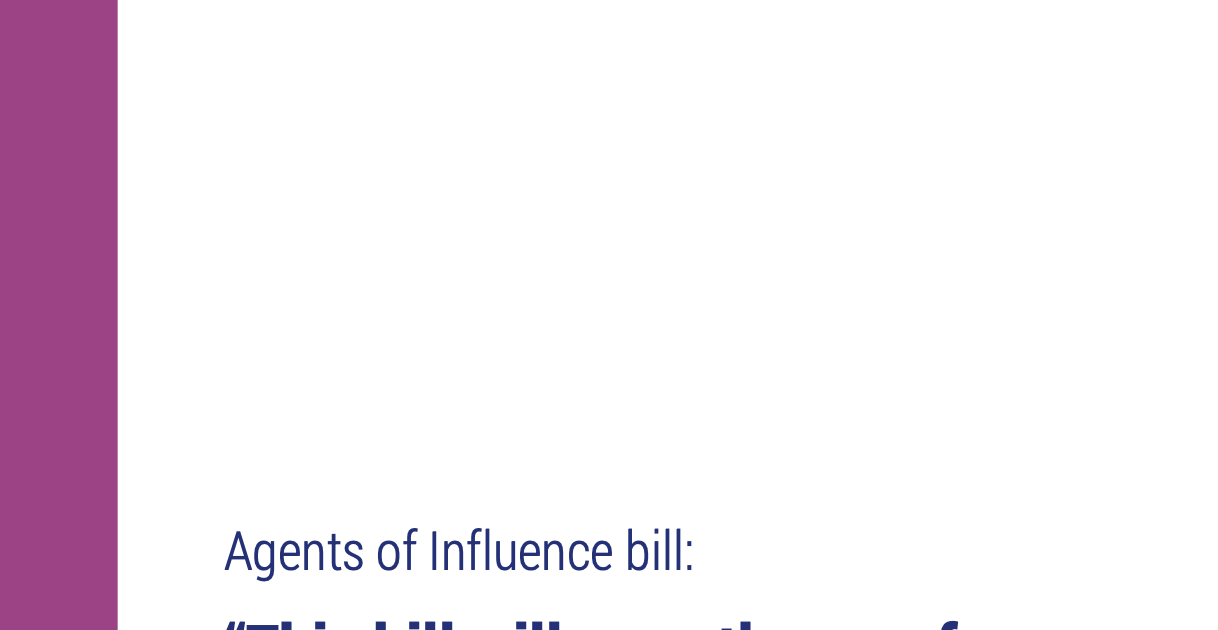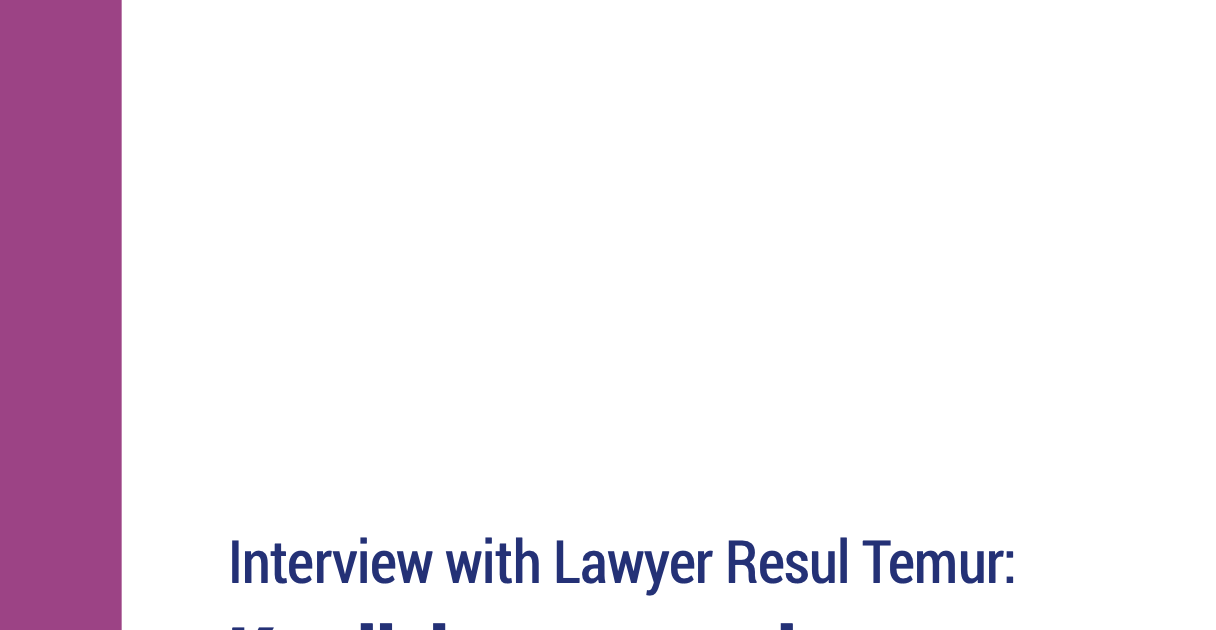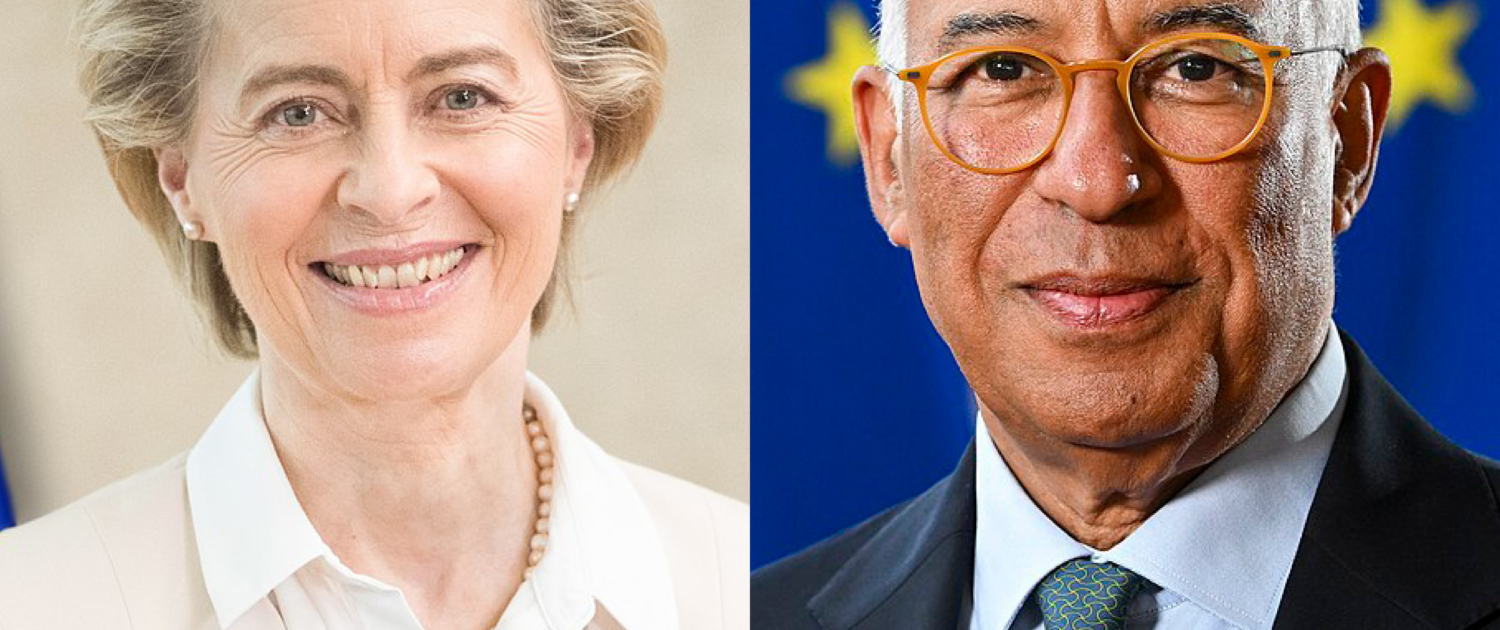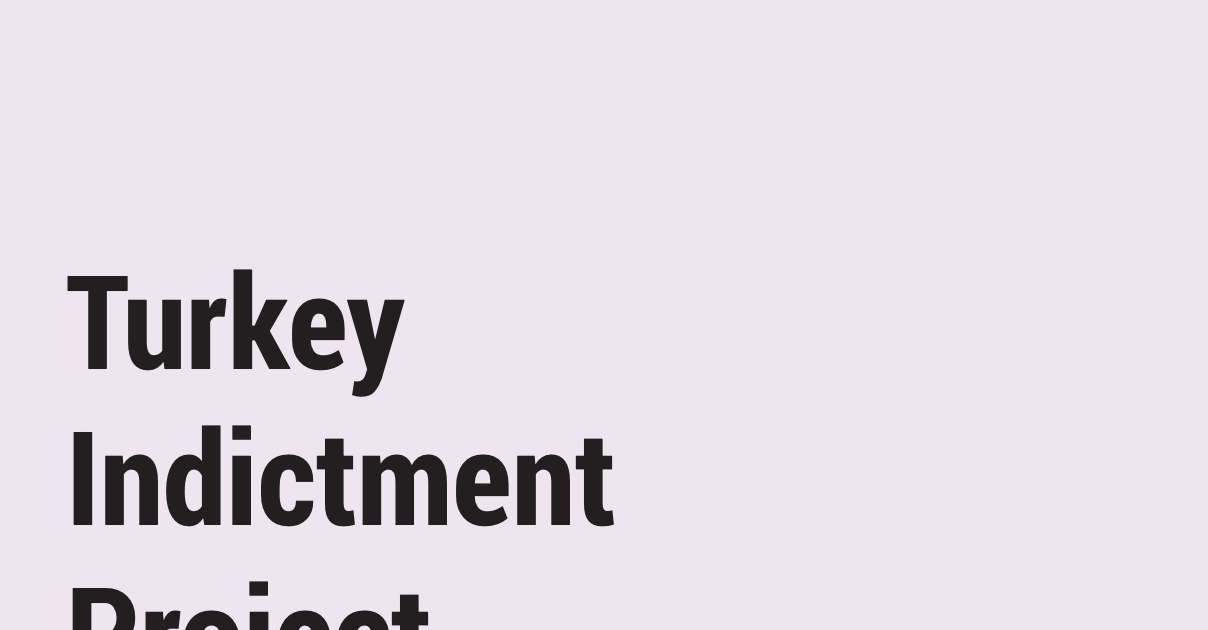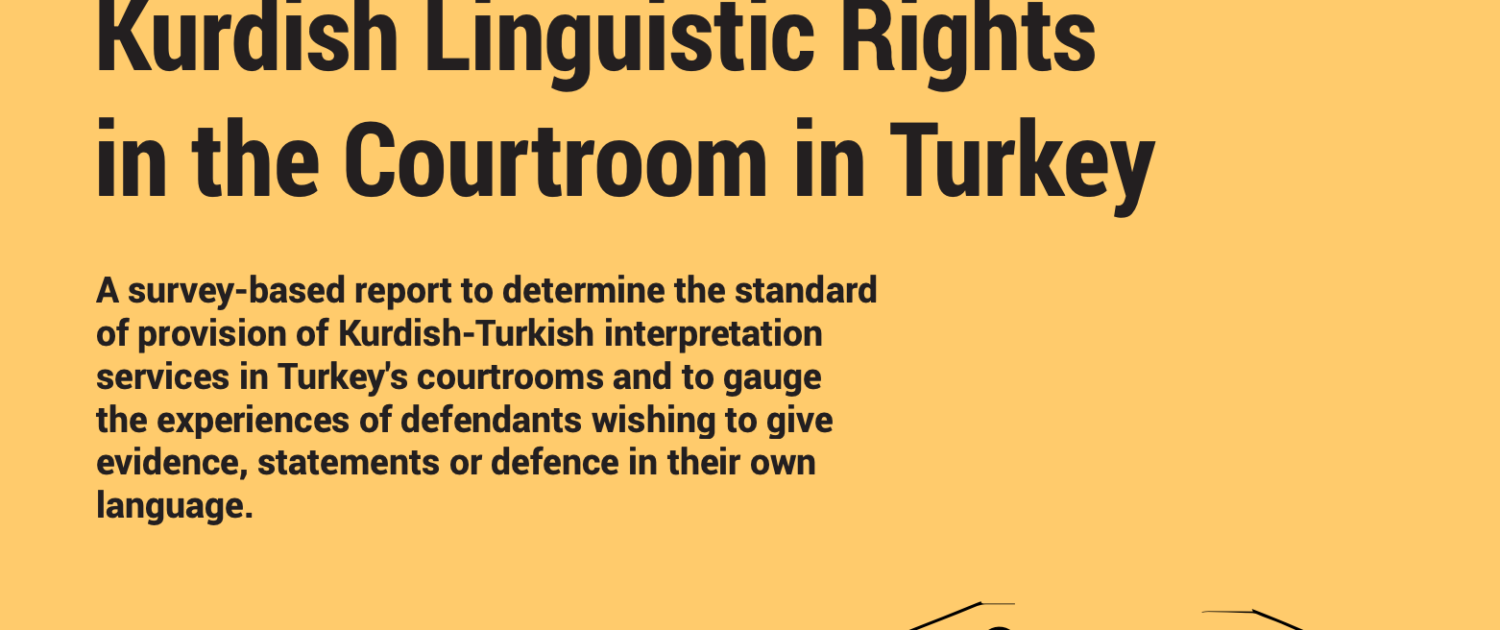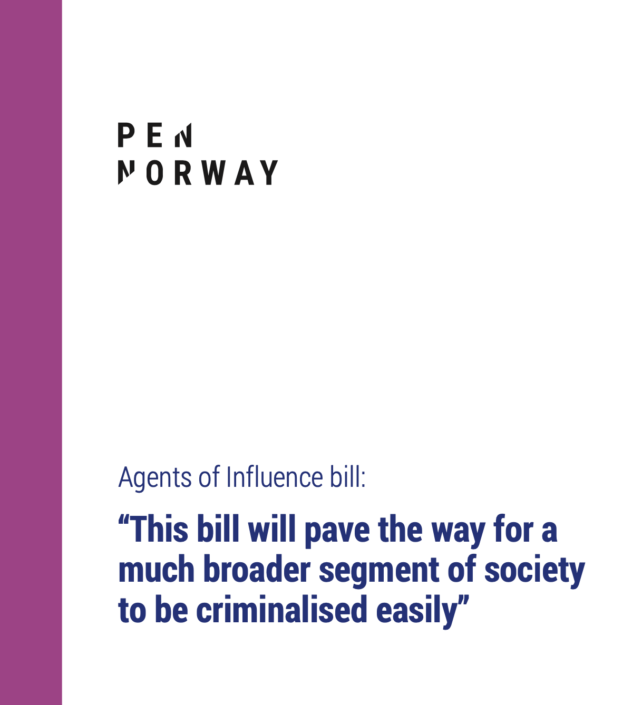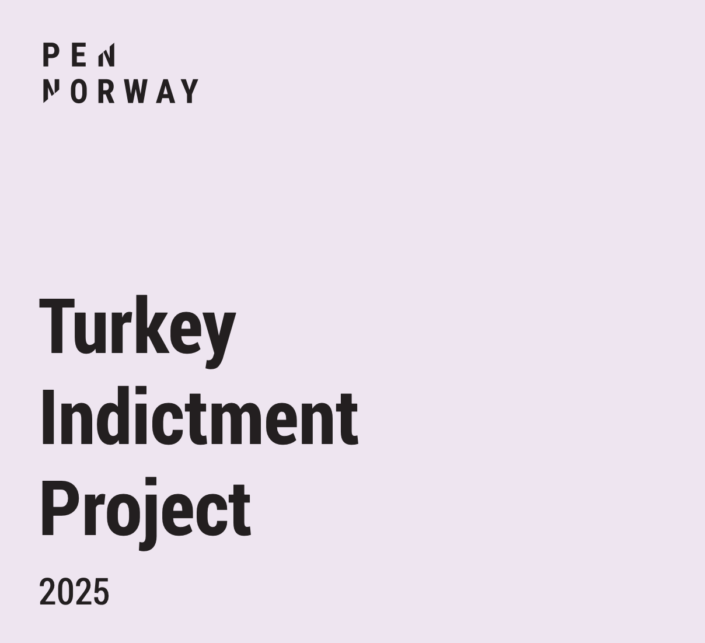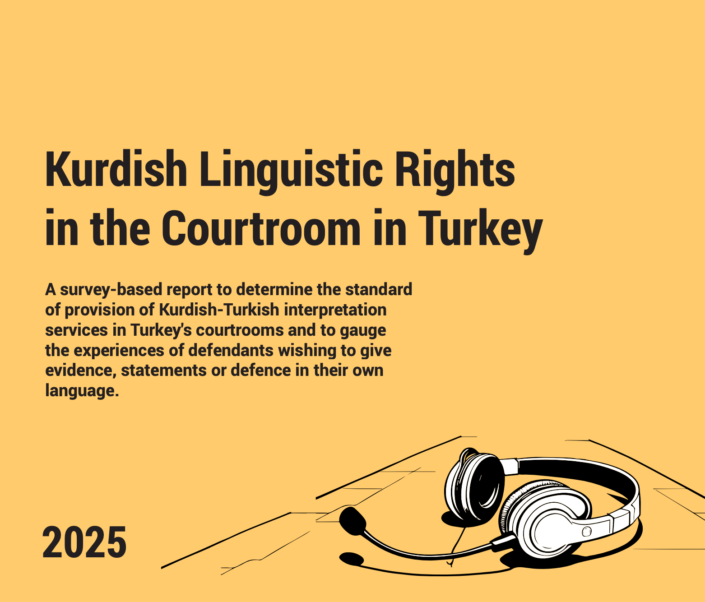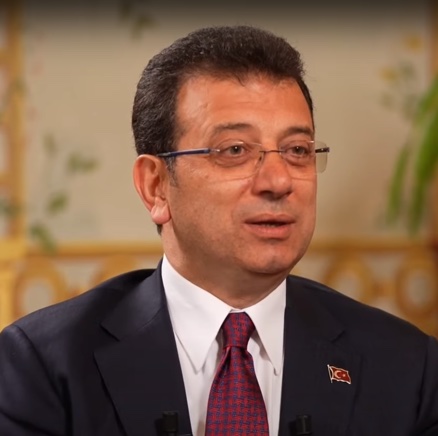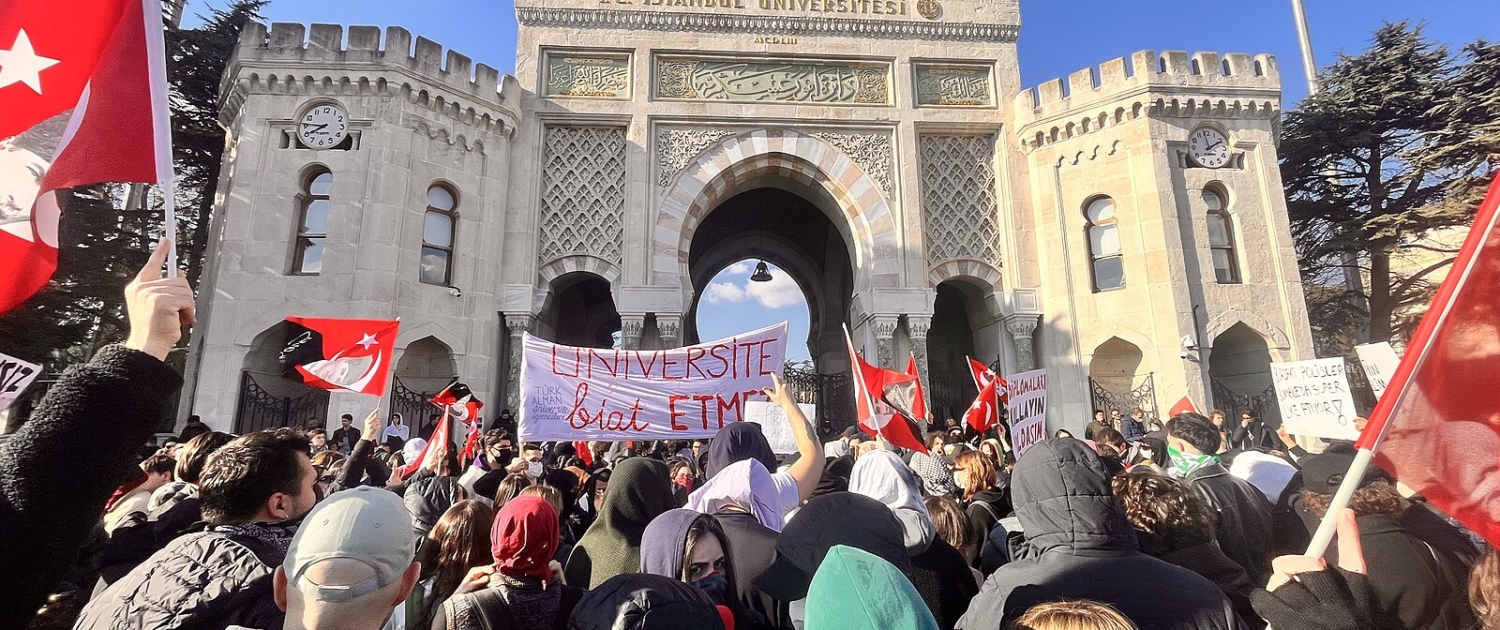Recommendations:
1. Judicial Independence and the Rule of Law
The independence of the judiciary and prosecution service must be restored to ensure fair trials and prevent politically motivated indictments. The Council of Judges and Prosecutors should operate independently of the executive branch, with transparent appointment processes that prioritise legal expertise and integrity over political loyalty. Furthermore, judges and prosecutors must be protected from government interference and public pressure to rule in a particular manner.
2. Reforming Indictment Practices
The indictment process in Turkey must be overhauled to meet both domestic legal standards and international human rights obligations. Prosecutors must ensure that each indictment contains clear, specific, and well-supported allegations, directly linking the evidence to the alleged crime. The use of copy-pasted content from unrelated cases must cease, and judicial authorities should reject indictments that fail to meet basic legal requirements. Additionally, the presumption of innocence must be upheld by preventing government officials and pro-government media from making prejudicial statements about ongoing cases.
3. Freedom of Expression and Press Protection
The criminalisation of journalism must end. Articles 299 (insulting the President) and 301 (denigrating the state) of the Turkish Penal Code should be repealed or significantly amended in line with international human rights standards. Anti-terror laws (TMK) must be reformed to distinguish between legitimate journalistic activities and genuine threats to public security. Furthermore, all ongoing prosecutions against journalists, writers, and activists for peaceful expression should be immediately dismissed, and past convictions should be reviewed for potential miscarriages of justice.
4. Prosecutorial Training and Legal Education Reform
A critical step toward judicial reform is comprehensive training for prosecutors to improve the quality and fairness of indictments. Many of the flaws identified in this report stem from a lack of adherence to procedural law and best practices in indictment writing. PEN Norway’s Guidelines on Indictment Writing for Prosecutors in Turkey provide a clear framework for improving the structure, content, and evidentiary basis of indictments. These guidelines should be integrated into formal legal education and ongoing professional training for prosecutors. Additionally, the development of a standardised indictment template, aligned with both Turkey’s Procedural Code and international legal principles, would help ensure consistency and legal clarity. Training programmes should also address the ethical responsibilities of prosecutors, including the importance of impartiality, respect for due process, and the avoidance of politically motivated prosecutions.
5. Fair Trial Rights and Legal Representation
The right to adequate legal representation must be protected. Lawyers should not face prosecution for defending their clients, and cases against legal professionals should be independently reviewed to prevent abuse of prosecutorial powers. The independence of bar associations must be safeguarded, ensuring they can operate without government interference. Courts must also recognise and reject indictments that rely solely on secret witness testimony, as such evidence lacks transparency and undermines the right to a fair trial.
6. Accountability and International Oversight
Turkey’s judicial system must be held accountable for its violations of fundamental rights. The European Union, Council of Europe, and United Nations should continue to monitor Turkey’s compliance with ECtHR rulings and apply diplomatic pressure where necessary. An independent commission should be established to review wrongful convictions related to freedom of expression cases, with reparations offered to those who have suffered legal persecution.

